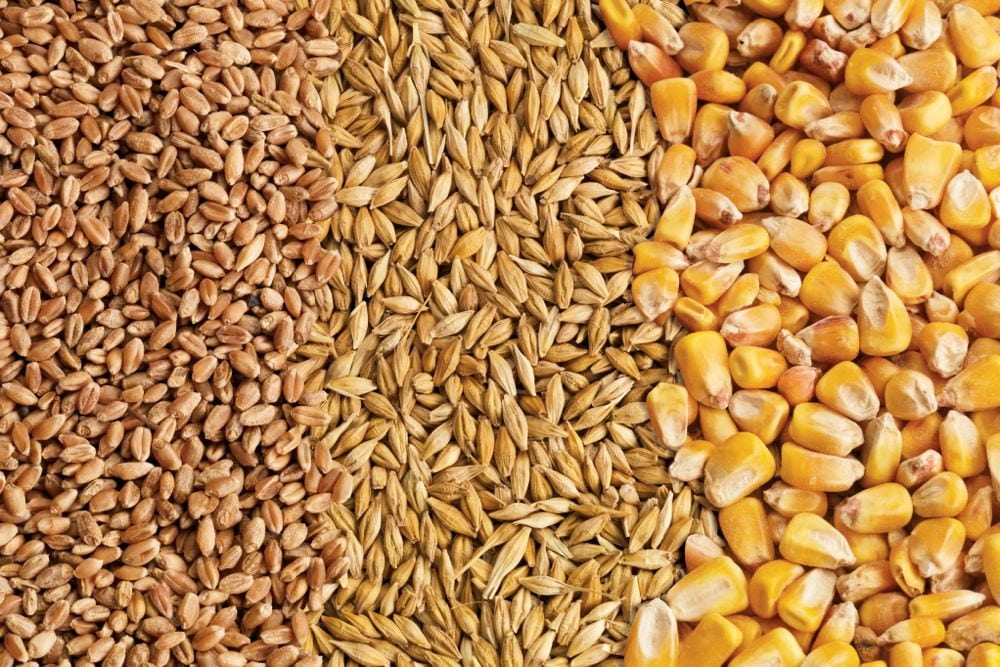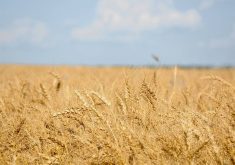(Resource News International) — With drought conditions in Russia causing wheat prices to soar, producers in Ontario are preparing to sow what could be the largest winter wheat crop in their province’s history.
The previous record for winter wheat acres seeded in Ontario is 1.2 million. Martin Harry, eastern marketing manager for SeCan at Ingersoll, Ont., said this year will be close to that, and if everything runs according to plan, a record could be in the offing.
“The best guess is certainly over a million (acres) depending on the planting season,” Harry said. “Soybean harvest is earlier than normal, as they’re harvesting the colour beans right now. So, if the weather co-operates, we could end up as high as 1.2 or 1.3 (million acres) potentially.”
Read Also

Feed Grains Weekly: More consideration being given to U.S. corn
There’s beginning to be a shift within the Canadian Prairie feed market towards importing United States corn, said Darcy Haley, vice-president of Ag Value Brokers in Lethbridge.
There were 850,000 acres of winter wheat seeded in Ontario this crop year, Harry said, and he expects no less than a 300,000-acre increase for the next year.
The soybean harvest is projected to be done around mid-September, which will allow the soil to loosen up earlier than usual, giving more time for producers to get the winter wheat seed into the ground, Harry said.
“The guys will plant as late as the end of October, but they will plant as early as they can once the current crop is off,” he said. “If we don’t get a lot of wet weather in the fall, they will plant wheat.”
The reason for a large crop of winter wheat is quite simple: the price.
“The price is there. More guys have forward-contracted than normal,” Harry said. “They had good yields this year, too, and farmers remember the times they had good crops, so they will try again.”
Winter wheat acres are expected to increase in Western Canada and the U.S. as well, he noted.
With all of the acres expected to go in the ground, the demand that is currently in the market for wheat may begin to evaporate.
“It could bring the price down, because U.S. producers are talking extra wheat acres as well, and I know Western Canada will see a lot of winter wheat planted as well,” Harry said. “That’s why guys are forward-contracting about half their crop or so.”
The current winter wheat crop in the province is nearly completely harvested, Harry said.














